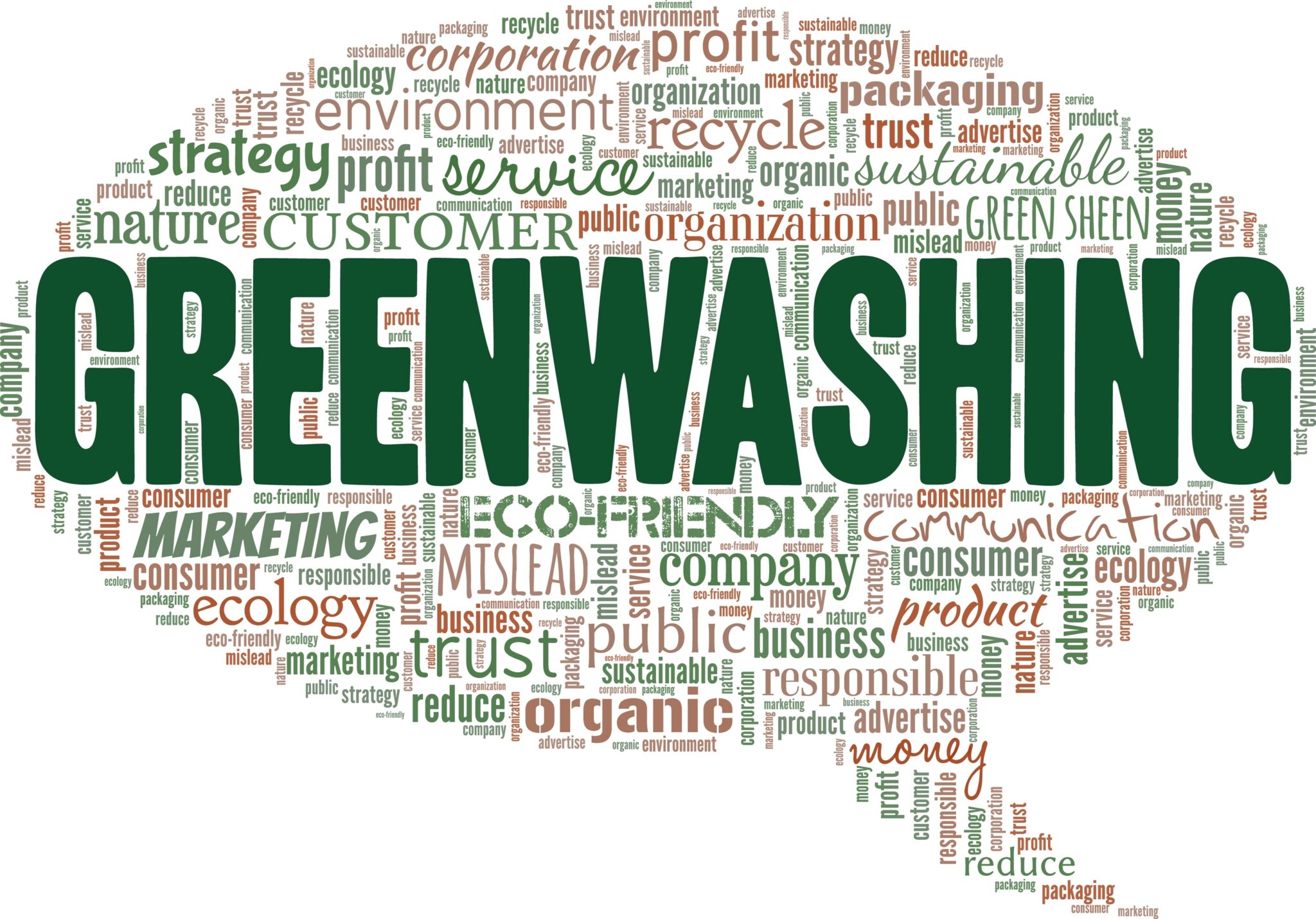One of my favorite places to shop is Organnons, a quaint health food store located in Newtown Township. I love this market because I find their products to be high quality and I believe they have a true vested interest in organic and healthful products. I recently needed to purchase a multi-purpose spray cleaner for work. I figured I would purchase it there. I usually make my own, with some recipes that I found in Real Simple. However, on this particular day I was in a rush and I remember someone telling me to try Mrs. Meyers cleaning products. So, I took their word on it and trusted that if the product was in Organnons, it must be healthy. When I used the product, it smelled so synthetic, I had to look further into it. Turns out Mrs. Meyers, a soap that claims to be “clean,” is anything but. Unfortunately, I found that the “fragrance” used for the scent was a mix of chemical compounds found in most body, cleaning products, and beauty products on the market. Is this false advertising, clearly the product claims to be safe, but is it actually? And just to be clear, this is not an indictment on Organnons (where I will still shop), but rather the industry and government agencies.
Throughout the months of February and March I had the opportunity to contribute to a working group alongside 54 health and environmental advocacy groups that submitted 54 pages of detailed recommendations and extensive evidence in response to the Federal Trade Commission’s (FTC) solicitation of public comment on the Guides. The request was in association to the use of environmental marketing claims (known as the “Green Guides”).
The comprehensive comments were submitted by The Last Beach Cleanup, Just Zero, Plastic Pollution Coalition, Beyond Plastics, Center for Biological Diversity, Upsteam Solutions, GAIA, and many other organizations. The groups aim is to Strengthen the Green Guides requirements and initiate a formal rulemaking process to codify the Green Guides into law, particularly in addressing truth in advertising, since so many companies use greenwashing to garner a competitive advantage, these requirements are needed in keeping consumers safe.
The big takeaway according to Greenpeace:
1. Incorporate key provisions from California’s Truth in Labeling Law, which prohibits “Check Locally” and other deceptive labels, into federal regulation;
2. Prohibit store drop-off labels unless the company can demonstrate that the program is proven to capture and recycle at least 75% of the covered materials; and
3. Only define recycled plastic content based on actual physical content from materials that have passed through the hands of individual consumers. The FTC must prohibit the illegitimate “mass balance” approach promoted as part of the plastics industry’s false chemical recycling campaign.
When I visited the FTC’s Legal Library I searched under false claims. More than 7,000 lawsuits were referenced and this led me further down the rabbit hole regarding the greenwashing of so-called sustainable brands. For example, what is the criteria of measurement we use in claiming products are sustainable? Furthermore, how come our country has such differing standards than the European Union when safety ought to be germain to every government alike?
This certainly is true when referring to food and cosmetic additives. The EU has banned up to 1,300 chemicals commonly found in cosmetics, whereas the United States has only banned 11.
In 1976 the United States government passed the Toxic Substance Control Act (TSCA) which allowed them to regulate substances, but since then more than 80,000 chemicals have been manufactured and only 9 have been fully banned. The FDA is responsible for regulating these, but they seem to be doing quite a lax job.
Organizations such as The Campaign for Safe Cosmetics publish a list of Chemicals of Concern. I bet you will find many of these listed here in your products at home. So something isn’t adding up here. We have a regulatory agency that refuses to regulate these chemicals and a regulatory agency trying to screen for false advertising. I can tell you that some of the products listed in the chemicals of concern will also be advertised as a “clean” product and the reason why is because we are failing in the regulatory process by allowing manufacturers to even make or sell products containing these chemicals.
According to a study published by the National Center for Biotechnology Medicine, there are over 5,000 tons of Volatile Organic Compounds (VOC’s) escaping from our consumer products. A particular chemical of concern in plastics is top of the list, Benzene, and was the third most common VOC found in consumer products, according to the study. According to CNN, Benzene is a cancer-causing chemical used to make plastics, dyes, detergents, drugs and pesticides, among other products. In 2021, a study found benzene in over half of 108 batches of antiperspirant and deodorant body sprays from 30 brands. The discovery prompted manufacturer Procter & Gamble to pull 17 types of Old Spice and Secret antiperspirant off the shelves at the time “in an abundance of caution.” A helpful resource that can be used when making product purchasing decisions is the Environmental Working Group’s Guide to Safer Personal Care Products called Skin Deep. Within this platform you can view verified products which are certifiably safe and do not contain many of the ingredients known to cause human harm.
My question is why are groups like EWG necessary when we have a federally governed and funded agency that should do this and a Trade Commission that should provide an additional layer of protections to the consumer.
It’s quite a similar situation with the FDA and Food Packaging. Last year, for the second time, they denied two petitions filed by several allied advocacy groups, including the Environmental Defense Fund (EDF), Center for Environmental Health (CEH), Center for Food Safety (CFS), and Center for Science in the Public Interest (CSPI). The groups call for a total ban on 20 ortho-phthalates from being used in food packaging and other food contact materials – “think plastic wrap, paper, cardboard, straws, yogurt containers, plastic bags, cereal boxes, and more,” writes LaRue V. Gillespie, author at Eat This Not That.
At the end of the day, there is no deeper regulatory governance over products that contain these harmful chemicals and the claims that many of these brands make regarding their safety. The closest we can get to fully understanding if our favorite brand faces any legal charges for greenwashing is by visiting TINA.org, a global watchdog for Truth in Advertising.
To stay well-educated regarding the products we interact with everyday can feel a little daunting, I know. But until we can rely on agencies like the FDA to assure the highest level of consumer protection at every level of our economy instead of turning a blind eye and allowing industry to impose irreversible harm on public health, what choice do we have?






